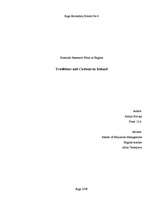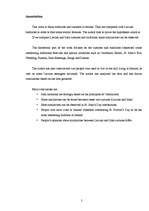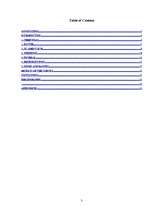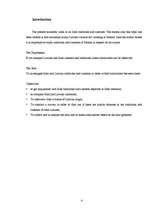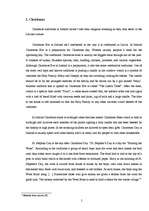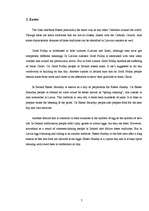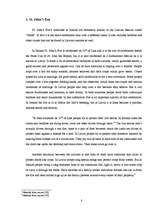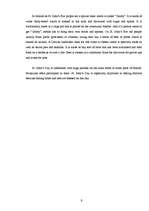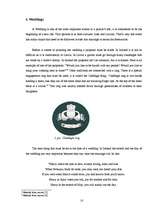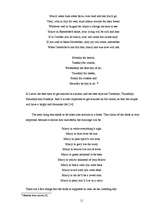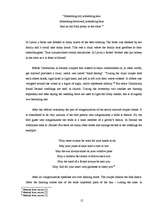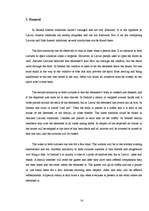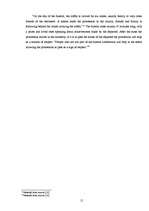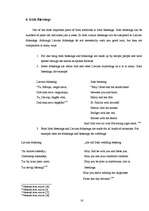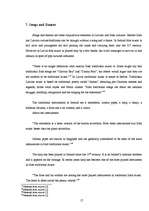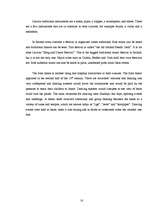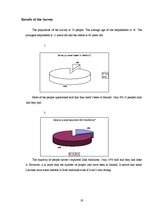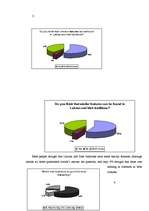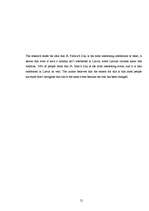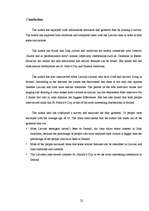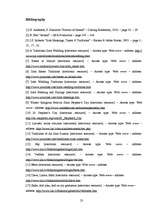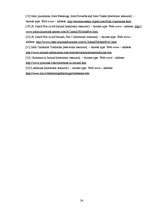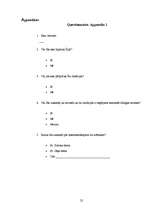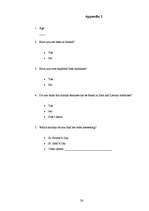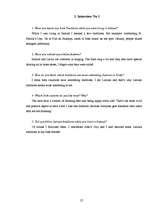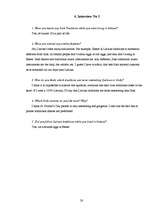-
Traditions and Customs in Ireland
| Nr. | Sadaļas nosaukums | Lpp. |
| Annotation | 2 | |
| Introduction | 4 | |
| 1. | Christmas | 5 |
| 2. | Easter | 7 |
| 3. | St. John’s Eve | 8 |
| 4. | Weddings | 10 |
| 5. | Funeral | 14 |
| 6. | Irish Blessings | 16 |
| 7. | Songs and Dances | 18 |
| Results of the Survey | 20 | |
| Conclusion | 23 | |
| Bibliography | 24 | |
| Appendices | 26 |
Introduction
The present scientific work is on Irish traditions and customs. The reason why this topic has been chosen is that nowadays many Latvian citizens are working in Ireland. And the author thinks it is important to study traditions and customs of Ireland in respect of its culture.
The Hypothesis:
If we compare Latvian and Irish customs and traditions, some similarities can be observed.
The Aim:
To investigate Irish and Latvian traditions and customs in order to find similarities between them.
Objectives:
to get acquainted with Irish traditions and customs depicted in Irish literature;
to compare Irish and Latvian traditions;
To interview Irish citizens of Latvian origin;
To conduct a survey in order to find out if there are similar features in the traditions and customs of both cultures;
To collect and to analyse the data and to make conclusions based on the data gathered.
3. St. John’s Eve
St. John’s Eve’s traditions in Ireland are extremely similar to the Latvian festival called “Johns”. In fact it is the same celebration only with a different name. It also includes bonfires and other rituals that can be found in Latvian customs as well.
In Ireland St. John’s Eve is celebrated on 23rd of June and it is the eve of celebration before the Feast Day of St. John the Baptist, but it is also celebrated as a midsummer festival as it is known in Latvia. It holds a lot of ceremonial traditions in both cultures, which guarantee health, a good harvest and protection against evil. One of such traditions is leaping over a bonfire. People leapt over a fire for many reasons, farmers believed that their crops would grow better. Others hoped for luck in marriage, for good health, self-clarification or for a new adventure. Some people jumped over a fire together holding hands, and the observers would think the couple had serious intentions of marriage. In Latvia people also leap over a fire because they believe that it will ensure fruitfulness and harmony in their family. In both countries people build both: communal bonfires and small households. In this celebration Fire is an important symbol of this celebration. In Ireland the fire is lit to obtain the God’s blessing, but in Latvia it is done because it purifies, ashores health and fertility.
…
ZPD ir apskatītas īru tradīcijas un tās ir salīdzinātas ar Latviešu. Ir veikta arī aptauja un intervēti latvieši, kas ir dzīvojuši Īrijā.

